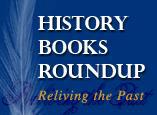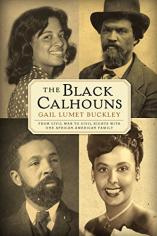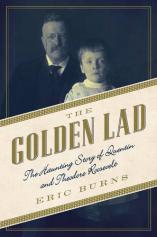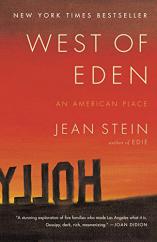February 2016
History Books Roundup: Reliving the Past
February 2016

February's roundup of History titles includes WEST OF EDEN, a mesmerizing oral history of Hollywood and Los Angeles from Jean Stein, the author of the contemporary classic EDIE; THE FIRST CONGRESS by Fergus M. Bordewich, which tells the dramatic story of the two remarkable years when George Washington, James Madison and their dedicated colleagues struggled to successfully create our government, an achievement that has lasted to the present day; THE BLACK CALHOUNS, in which Gail Lumet Buckley --- the daughter of actress Lena Horne --- delves deep into her family history, detailing the experiences of an extraordinary African-American family from Civil War to Civil Rights; and Patricia Bell-Scott's THE FIREBRAND AND THE FIRST LADY, which details the story of how a brilliant writer-turned-activist, granddaughter of a mulatto slave, and the first lady of the United States, whose ancestry gave her membership in the Daughters of the American Revolution, forged an enduring friendship that changed each of their lives and helped to alter the course of race and racism in America.


























